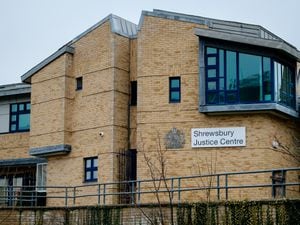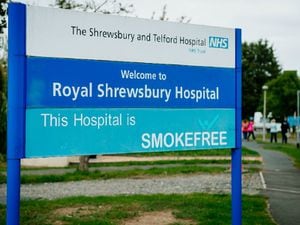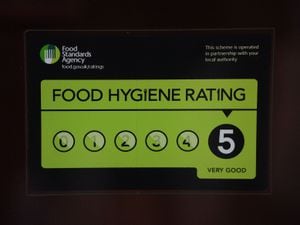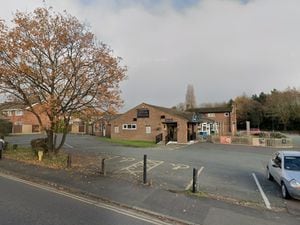Greenfields land row: Campaigners have their day at Supreme Court but now face wait for parkland's return
Campaigners who took their battle over the wrongful sale of part of their local park all the way to the Supreme Court face an even longer wait for it to be returned.
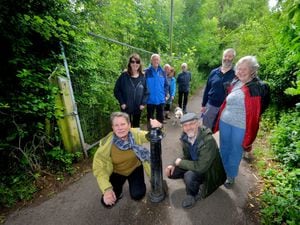
Greenfields Community Group, led by Dr Peter Day, had their day at the highest court in the land this week amid a row over the £550,000 sale of part of Greenfields Recreation Ground in Shrewsbury.
But the bench of four lords and one lady adjourned the judgement for comments from the Attorney General. That means the community will be waiting even longer for the land to be returned - as Shrewsbury Town Council said it would not enter into negotiations with the owners until the outcome of the Supreme Court hearing.
The land was sold by the town council to CSE Developments in 2017, and in 2018 Shropshire Council granted planning permission for the new owner to build 15 homes on the site.
Wednesday's Supreme Court hearing, which followed a judicial review and a Court of Appeal case, was to try and get planning permission granted by Shropshire Council revoked.
The campaign group has raised tens of thousands of pounds for its legal fight over the years, and was backed financially by The Good Law Project, which insisted the case is of national significance.
The issues to be considered by the bench were two-fold: When a local authority sells land which is subject to a statutory trust for public recreational purposes without complying with the relevant statutory requirements, does that trust continue or end? And in either case, what are the legal implications for the authority and the buyer?
Also, are the existence of any (former) statutory trust and public recreation rights material considerations that need to be taken into account in granting planning permission?
The facts of the case are that Shrewsbury Town Council sold a parcel of land to CSE Developments on October 4, 2017. It was agreed between the parties that, prior to the sale, the land was subject to a statutory trust for the benefit of the residents of the area.
In selling the site, Shrewsbury Town Council failed to comply with the statutory requirements, namely the advertisement of the land for two consecutive weeks in a local newspaper and the subsequent consideration of any objections.
Following the sale, Shropshire Council granted conditional planning permission to CSE to build 15 dwelling houses on the site.
Dr Day brought a judicial review claim challenging the grant of planning permission. The claim was allowed in part by the High Court, but the High Court refused any remedy as it concluded that it was highly likely that the outcome would not have been substantially different if the conduct complained of had not occurred. Dr Day’s appeal to the Court of Appeal was dismissed.
Alex Goodman, representing Dr Day on behalf of the campaign group - of which several members made the trip down to London for the hearing - argued that the county council, "properly advised, might well have refused planning permissions" had it known about the legal status.
"The town council would have been able to make clear the position that is now known, recognising its mistake," added Mr Goodman.
"And on that basis, the planning permission can be quashed."
Killian Garvey, representing Shropshire Council, argued that the land does not meet the National Planning Policy Framework definition of open space, and said Shropshire Council would still grant planning permission.
However, Lord Ben Stephens asked why the developer would build houses that then could not be sold due to the community land trust issue, and Lord Robert Reed said: "They can't lawfully. It's absurd to suggest they could do it now."
Lord Reed said: "It may well be some time before there is a judgement."
In June this year, the town council apologised to the group over the sale and vowed to help return it to the community, but it was later decided to wait until the conclusion of the Supreme Court case to enter into negotiations with the landowner.

